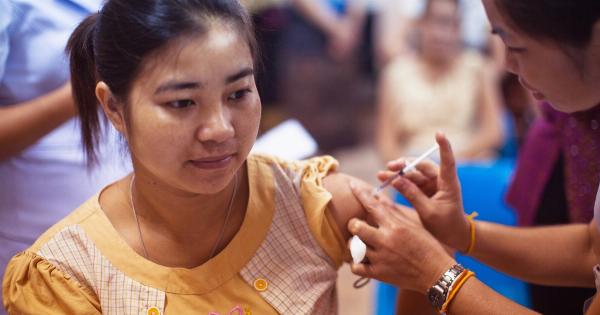Human Papillomavirus (HPV) is the most common sexually transmitted infection (STI) worldwide.
It is a viral infection that can cause warts on the skin and genital area, as well as an increased risk of certain types of cancer, including cervical, anal, vaginal, vulvar, and oropharyngeal.
What is HPV Vaccination?
HPV vaccination is a safe and effective way to protect against certain types of the virus that can lead to cancer. The vaccine is recommended for girls and boys who are between the ages of 9 and 14.
However, it can be given up to the age of 26 for females and 21 for males.
How Does HPV Vaccination Work?
HPV vaccination works by introducing antibodies into the immune system, which can help to fight off the virus if it is encountered in the future. It is given in a series of shots.
Who Should Be Vaccinated?
The Centers for Disease Control and Prevention (CDC) recommends that all girls and boys should complete the HPV vaccine series by the age of 12. However, it is never too late to get vaccinated.
Women who have not been vaccinated should speak to their healthcare provider about getting it as soon as possible.
What Are The Benefits Of HPV Vaccination?
The HPV vaccine is highly effective at preventing infection with the virus. It can also reduce the risk of developing certain types of cancers associated with HPV by up to 90%.
Additionally, since HPV is so common, getting vaccinated can help to reduce the spread of the virus in the community.
Are There Any Side Effects?
The HPV vaccine is very safe, and serious side effects are rare. Some people may experience mild side effects, such as redness or swelling at the injection site, fever, or dizziness. However, these typically go away on their own within a few days.
What Happens If You Get HPV?
Although most people with HPV do not develop any symptoms and the virus goes away on its own, those who do not clear the virus can develop various types of cancer.
Women with HPV can develop cervical cancer, while men and women may develop anal or oropharyngeal cancer.
Conclusion
HPV vaccination is an important way to protect against certain types of cancer. All girls and boys should be vaccinated by the age of 12, and women up to the age of 26 should also consider getting vaccinated.
Talk to your healthcare provider about your options for getting vaccinated against HPV.































